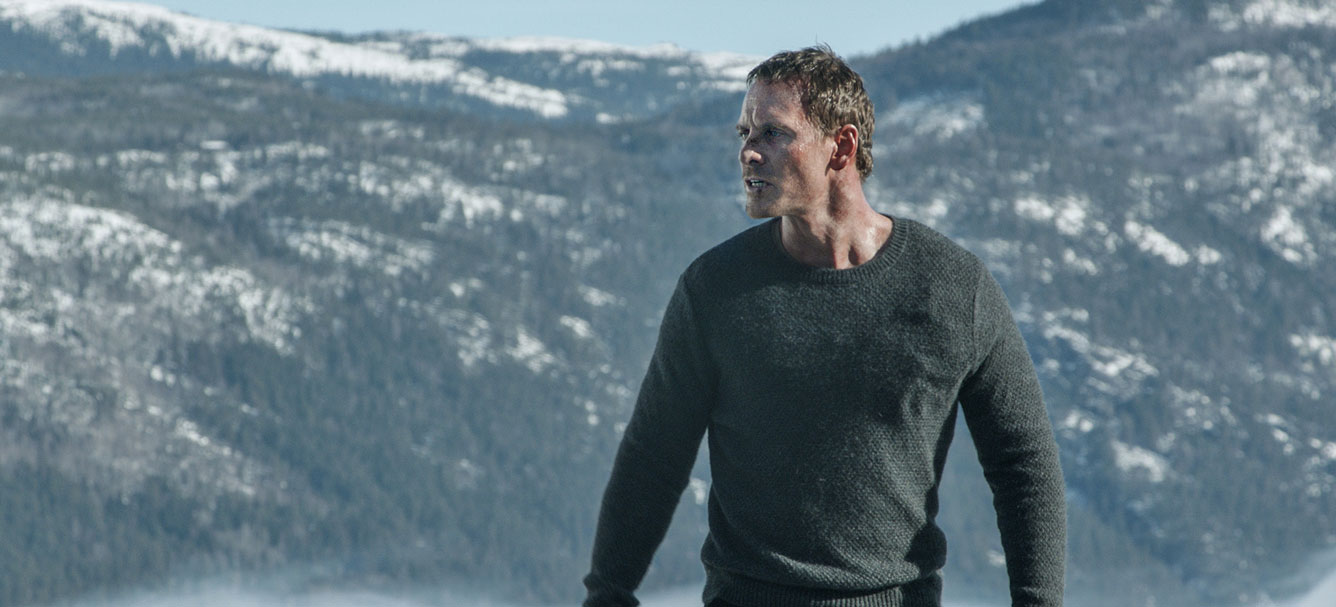
Salt Lake Community College students participated in a variety of activities during the Halloween season to give themselves a fright, including horror film marathons and haunted house visits.
But underneath the fleeing and screams lies the unique phenomenon of why people like to be scared.
According to SLCC psychology professor Justice Morath, scaring ourselves helps trigger our nervous systems and fills frightened people with “an adrenaline rush that people talk about when doing things like skydiving or roller coasters.”
He also said this is true when people aren’t prepared for it, which is the case for jump scares often included in horror movies.
“You flinch before you are even consciously aware of what you are experiencing,” he said. “We’ll always fall trap to it because we’re not consciously making the call.”
Since people also have ultimate control over things, like choosing to watch horror films, offers the experience of the rush without the same risk as other adrenaline-producing activities, like jumping off a cliff.
From a social perspective, Morath said people enjoy horror as it mirrors actual fears experienced in the world and used the show “The Walking Dead” to illustrate this idea.
“Zombies have been popular for decades, and the cause of zombies tracks with societal fears at the time [including] unfamiliar religious rituals, nuclear radiation, aliens, and now viruses,” he said.
Certain aspects of horror also attract different genders, according to Morath.
“It’s no secret that true crime fans are mostly women. It’s likely because these are real fears they experience on a regular basis,” Morath said, noting that listening to and watching true crime can be a way for women to process this type of risk.
Addison Young, a SLCC general studies major, noted she enjoys true crime but keeps away from horror movies.
“Seeing stuff like that is too much, even when it’s super unrealistic,” she said of the often-gruesome horror genre.
The occasional fright can be a healthy thing for individuals, however, according to Morath.
“It is possible it can help us cope with real threat,” Morath said.







